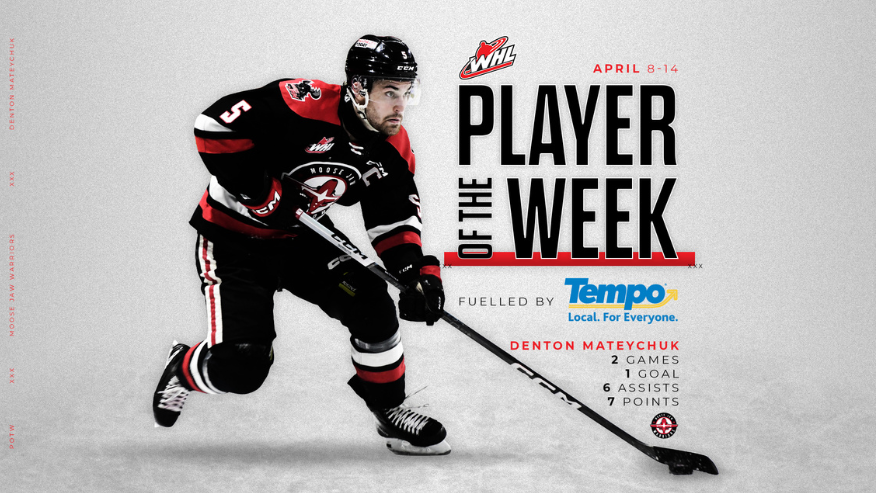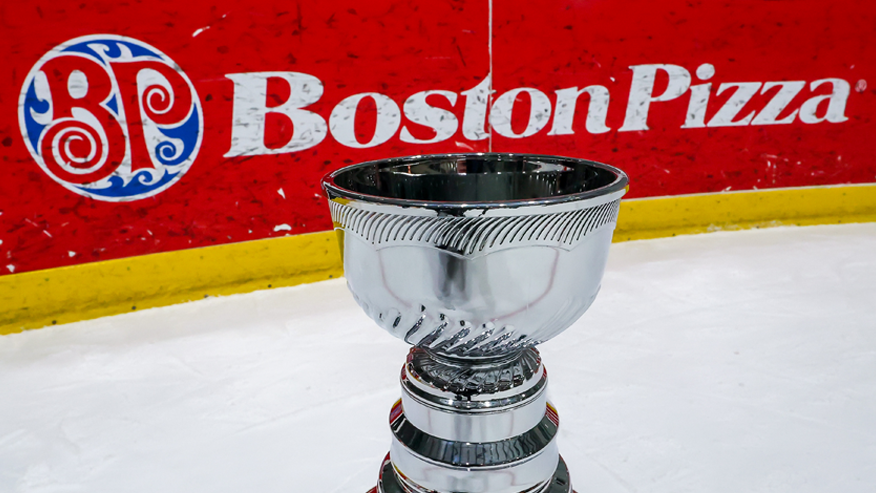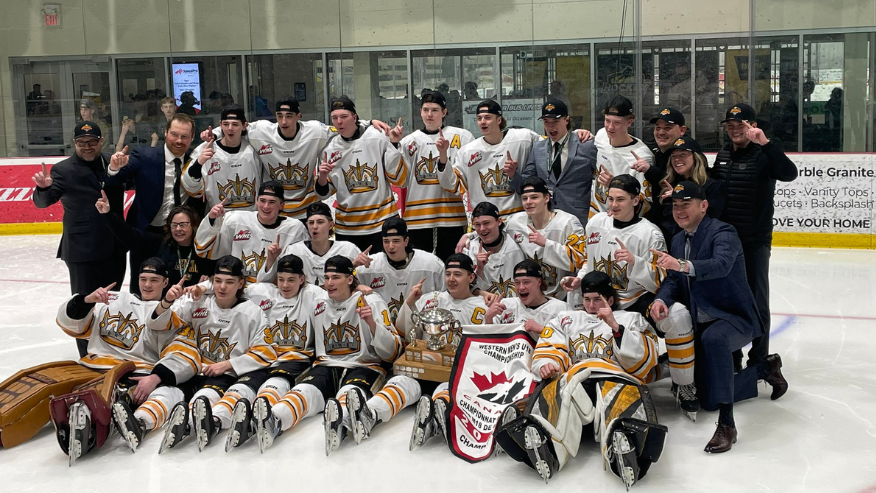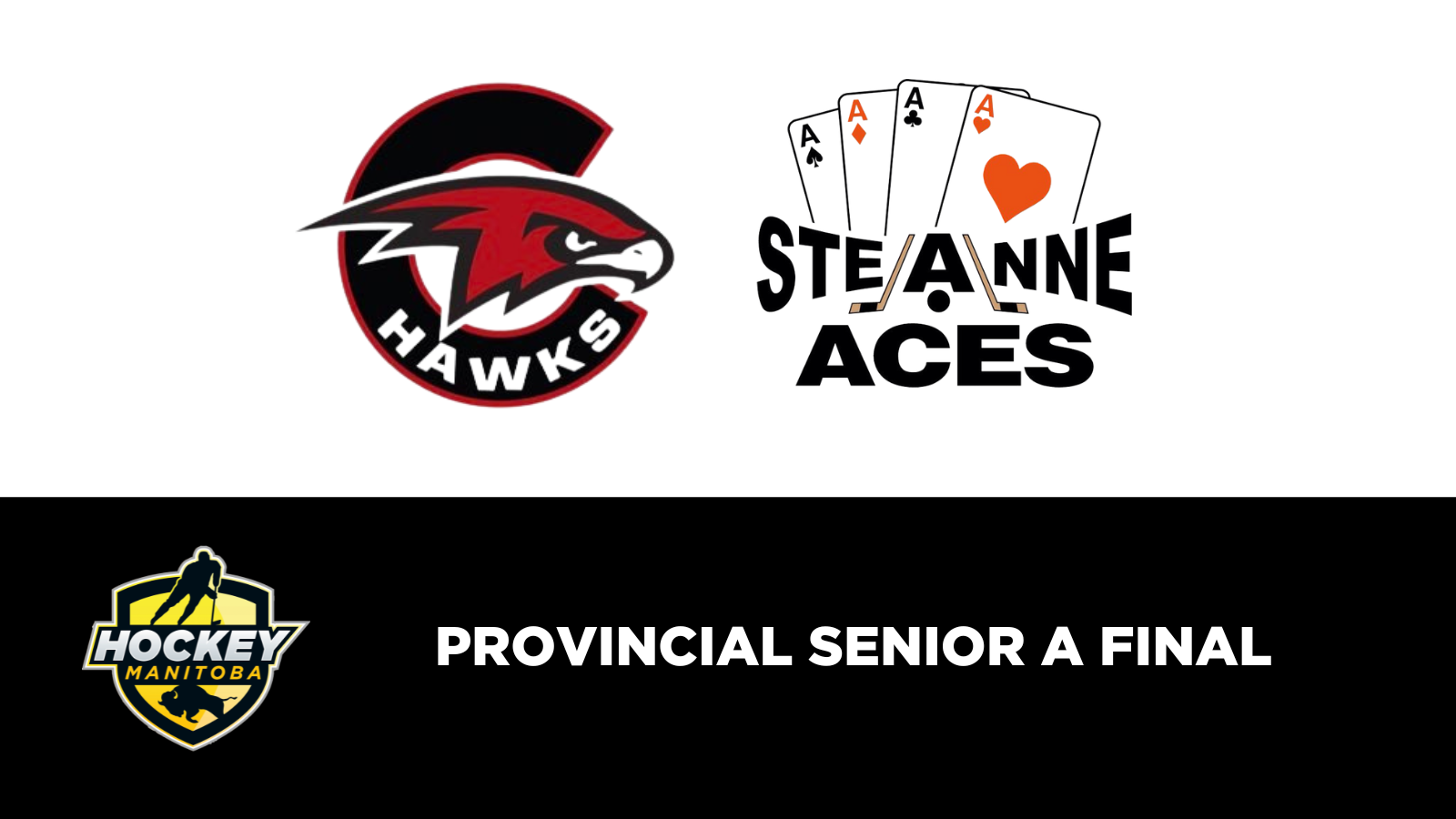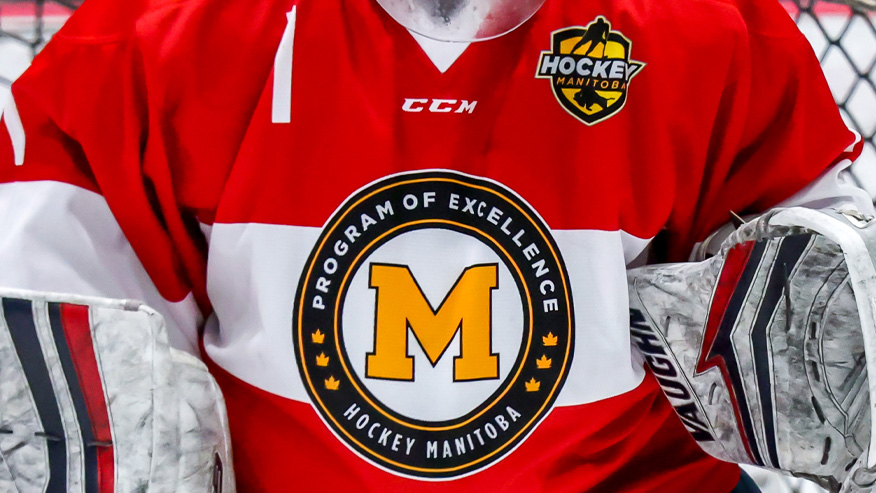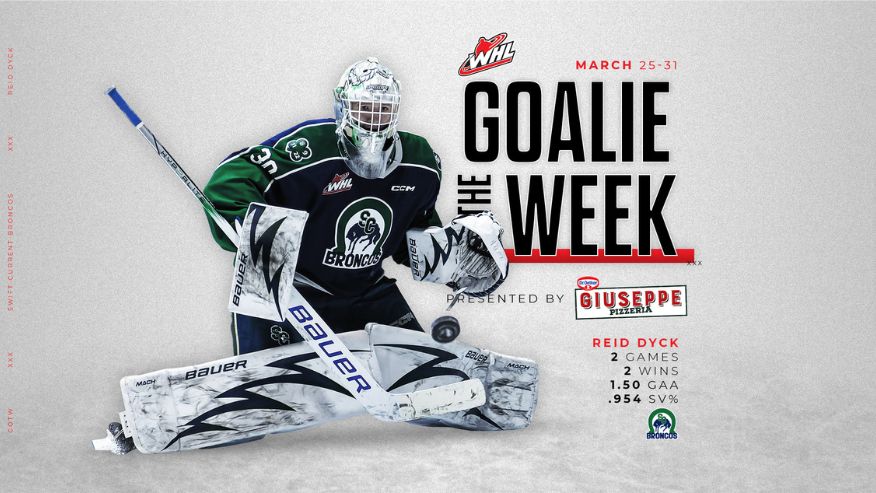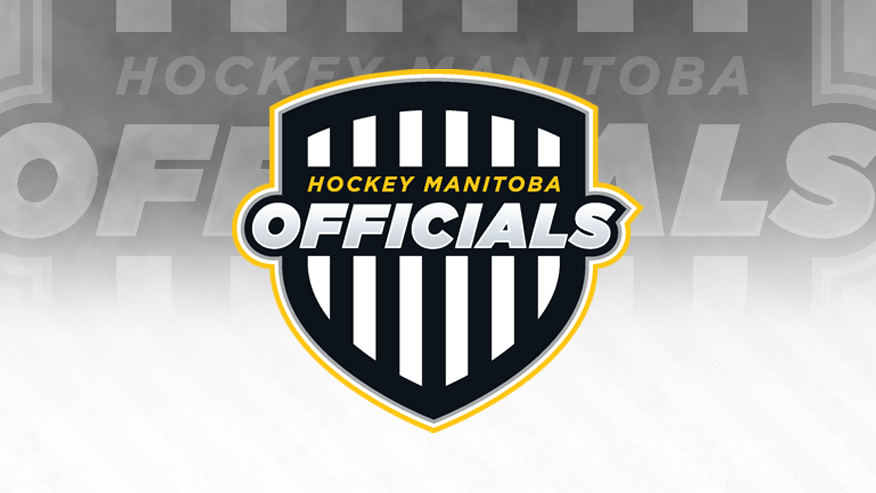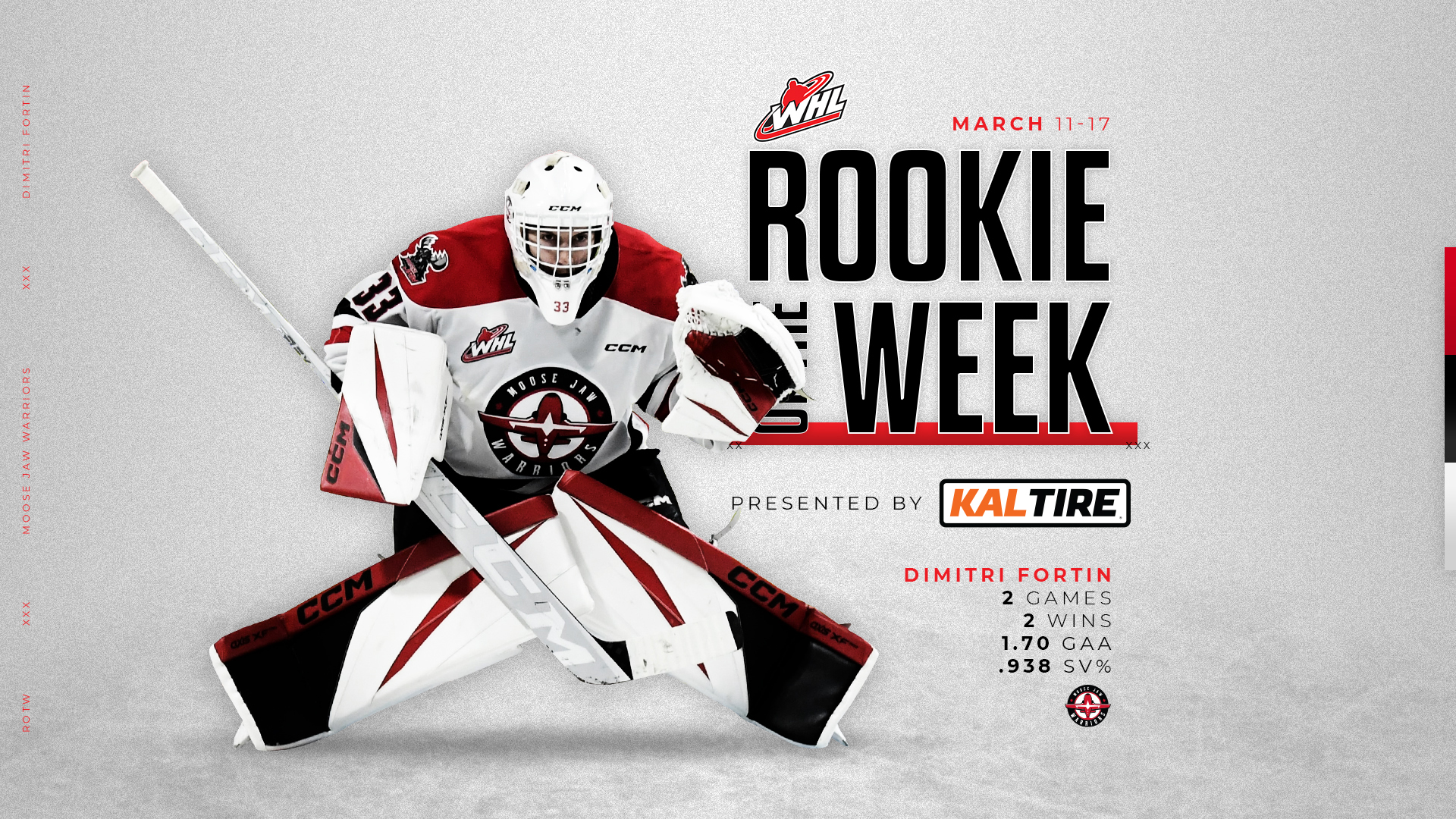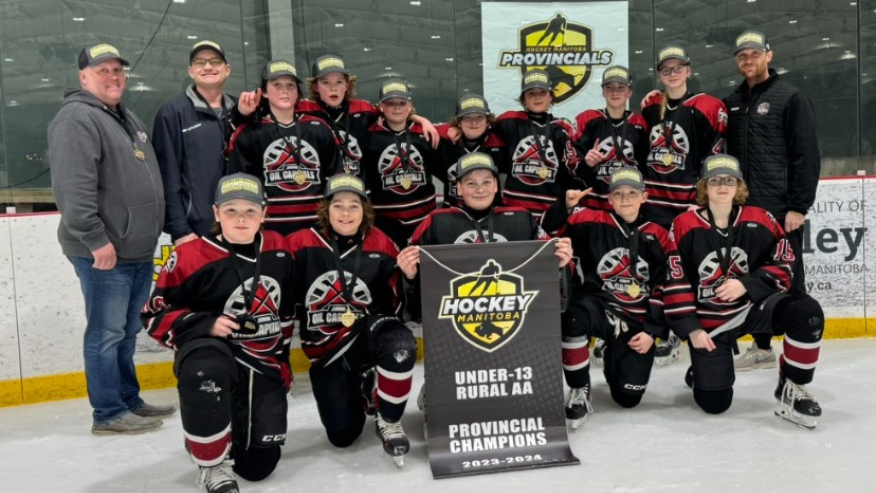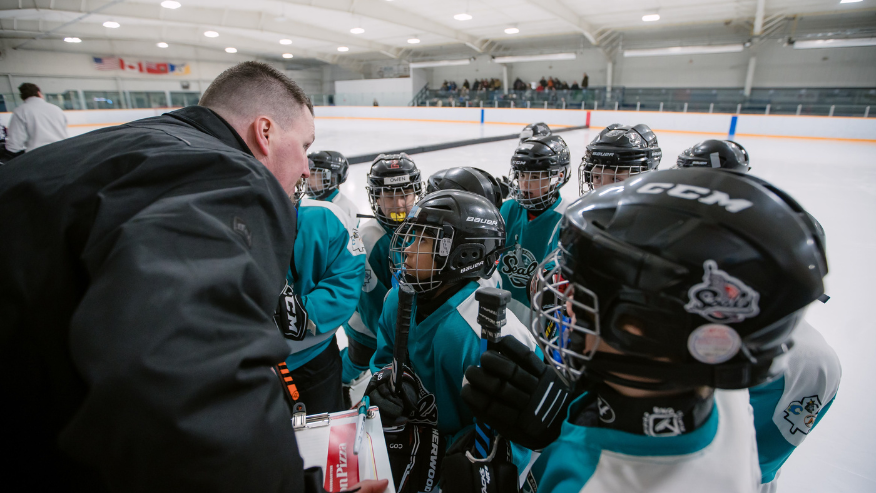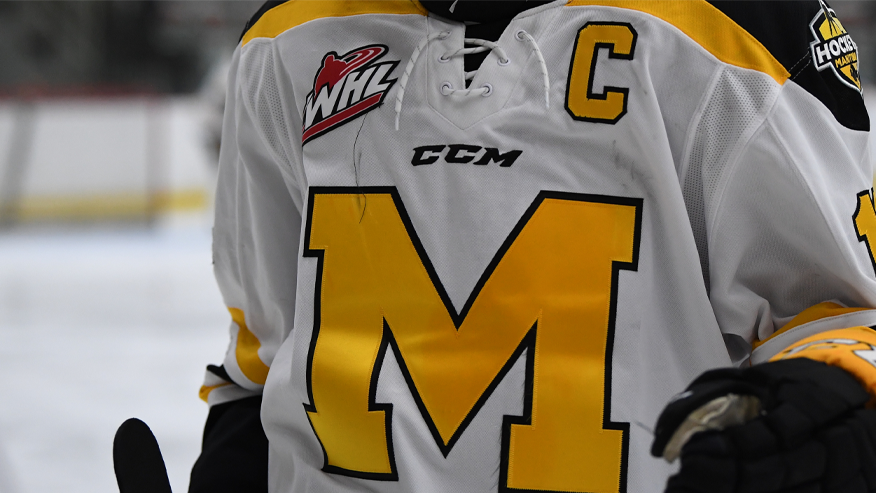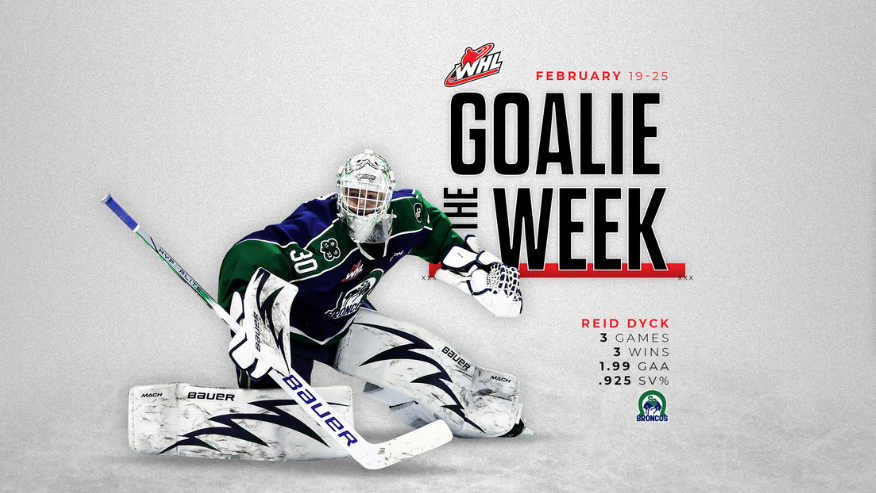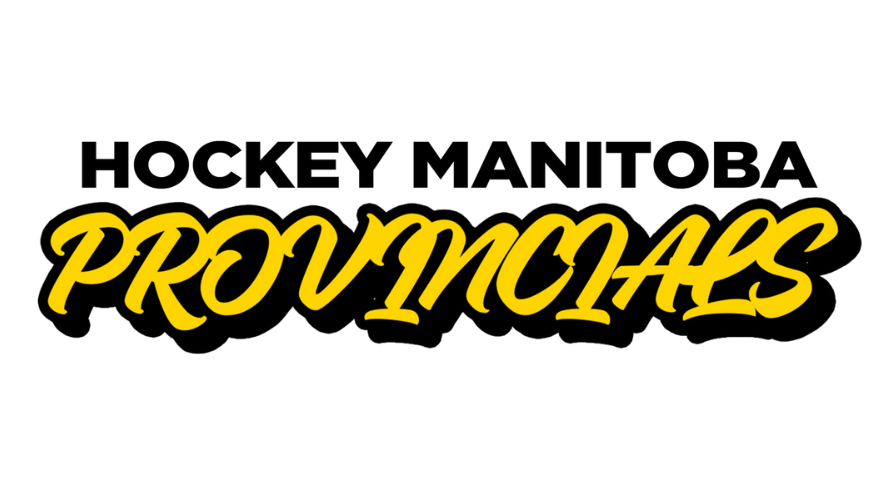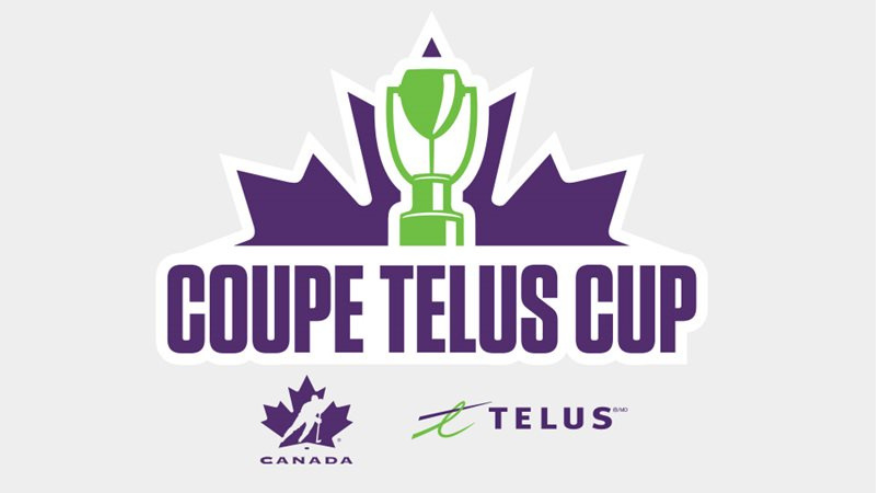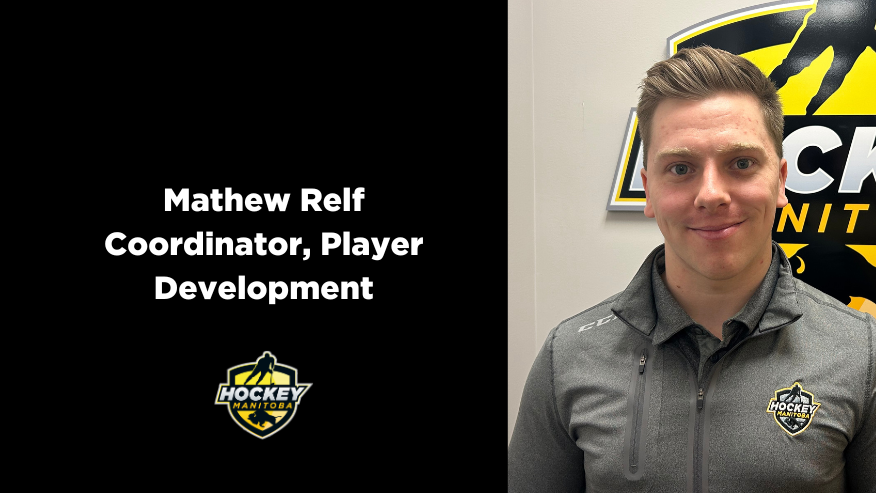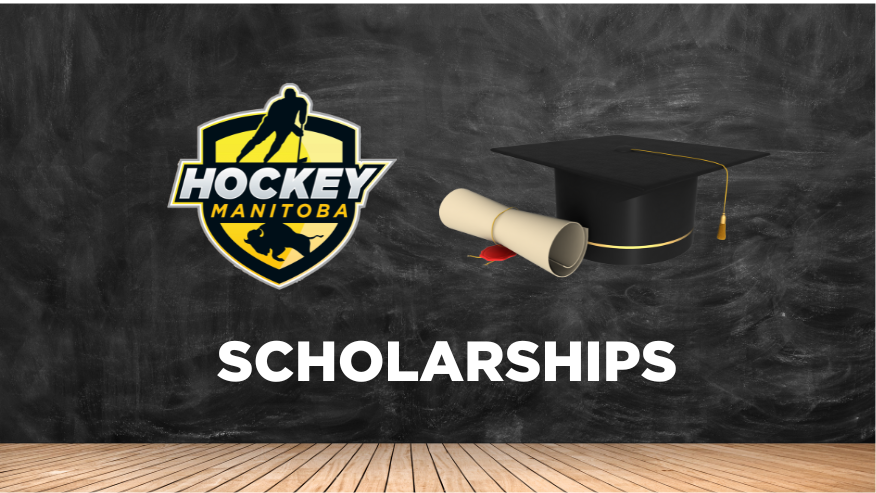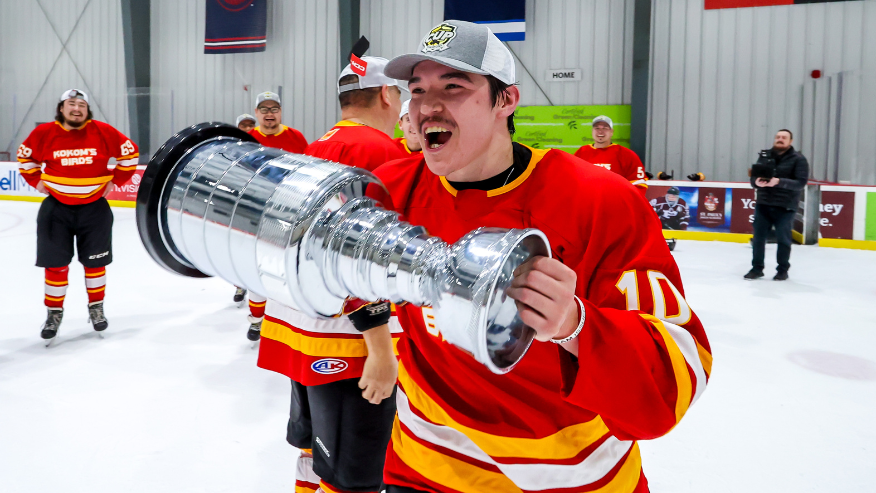WHL Beyond Hockey: Stephane Lenoski – Sports Medicine Physician
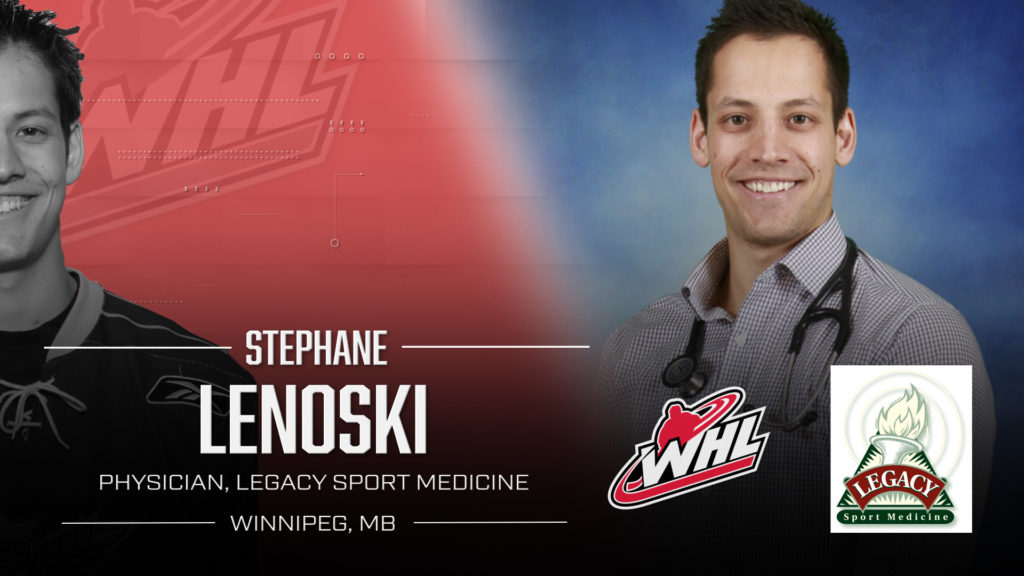
WHL Beyond Hockey is a brand new series celebrating the outstanding community contributions beyond the world of hockey made by those associated with the Western Hockey League. From Officials to Team Doctors, and everywhere in between, countless individuals across the WHL continue to put their best foot forward as they serve their community during this uncertain time.
Article written by Robert Murray for WHL.ca
Dr. Stephane Lenoski knows the importance of a proper defence. After all, he patrolled the blue line in the WHL for 304 regular season and playoff games between 2003 and 2007, followed by 85 games in Canada West play with his hometown University of Manitoba Bisons.
With the benefit of the WHL Scholarship, he’s now an integral part of the collective group of Manitoban physicians tackling a response to COVID-19. In addition to his work as a sports medicine physician and exercise physiologist, Lenoski is the Chair of the Doctors Manitoba Physician Health & Wellness Committee.
They assist the province’s physicians in managing the day-to-day stresses of their job while also providing them with wellness programs to ensure they’re able to perform to the best of their abilities.
“We’re really trying to support those physicians and give them the information they need so that if they have symptoms, they can get tested quickly so they can go back to work,” Lenoski said. “Without physicians or nurses, we don’t have a healthcare system.”
That’s Lenoski, always looking out for those in need. A decade-and-a-half ago, that would’ve meant looking out for his teammates or protecting the area around his goaltender. Even before he stepped foot in the WHL, Lenoski recalled family health issues drawing his interest to the medical field, though he wasn’t always exactly sure he’d be able to accomplish his goals.
He did know one thing though; he wanted to help.
“We’ve had time to prepare for it and I think we’re very lucky because of that,” Lenoski said of his province’s reaction to the pandemic, crediting the foreshadowing seen in other provinces and countries. “Having an excellent leadership group at Doctors Manitoba has been really important.”
Still, Lenoski is taking care to reach out to his patients virtually, monitoring their health as best as possible from a distance. His clinic services teams like the Winnipeg Blue Bombers of the Canadian Football League and Valour FC of the Canadian Premier League. While they aren’t dealing with the normal injuries that arise during the course of the season, they’re taking extra precautions between themselves and athletes to ensure both are ready should something happen.
“We’re still trying to help as many people as possible and if ever things really get bad, anybody in my clinic would be fine to volunteer wherever the need might be,” Lenoski said. “We’re lucky it hasn’t got to that point yet.”
With that sense of purpose in overcoming his family’s health issue, Lenoski kept a strong academic profile. To achieve that, he made good use of his time in the WHL.
“I was always good academically,” Lenoski said. “I was able to maintain that when I played in the WHL.”
Lenoski recalls the encouragement by Kelly McCrimmon while with the Wheat Kings to further his academic studies at Brandon University. When Lenoski had finished in the WHL, which also included stints with the Chilliwack Bruins and Spokane Chiefs, he was ahead on his studies.
“It wasn’t resetting from zero; it wasn’t too hard to get back into the swing of things,” Lenoski said. “Because I was good in science and had that family history, I always had medicine on my radar.”
Lenoski’s hockey dream had included the hope to represent Canada at an international tournament like the IIHF World Junior Championship. While that didn’t materialize during his time in the league, his pathway to education helped with that. In 2009, he donned the red and white at the Harbin Winter Universiade, earning silver with Canada’s entry. A career highlight, Lenoski appreciated being able to find common ground with his academic and hockey goals.
“All those parts of my life came back together for me,” Lenoski said. “I’ve enjoyed a great career in hockey, but also a new career in medicine.”
His commitment to hard work helped to facilitate his dream on the ice and lay the foundation for the future.
Residing in Winnipeg with his wife Jocelyn, a registered nurse and former Canada West women’s hockey player who is expecting their first child, Lenoski has adopted similar principles to his profession.
“When you become an athlete and play hockey at a high level, it sews a sense of belief in you and a sense that you don’t give up and the only way you’re going to get good at something is hard work. I’ve tried to apply those principles to my professional life.”
In uncertain times, Lenoski is thankful for all those who helped nurture the values he holds today. He’s done his best to pass that same message along, whether it’s with athletes he interacts with in Winnipeg, other medical professionals, or his future child.
“What I realized is that my identity wasn’t just hockey or just medicine,” Lenoski said. “My identity was everything I learned growing up, everything my parents taught me, all the experiences I had and all the skills I learned through hockey and med school made me into the person I am.
“That allowed me to transition from the hockey world to the academic world.”
The WHL commends Lenoski for realizing his academic goals through accessing his WHL Scholarship and becoming a key member in Manitoba’s medical community.
Share

